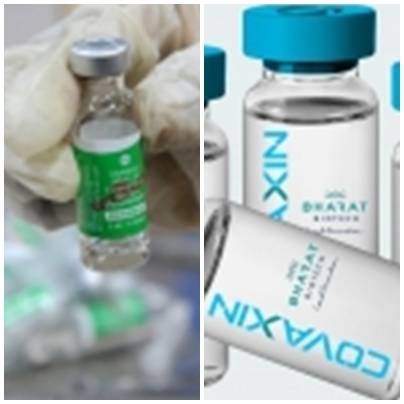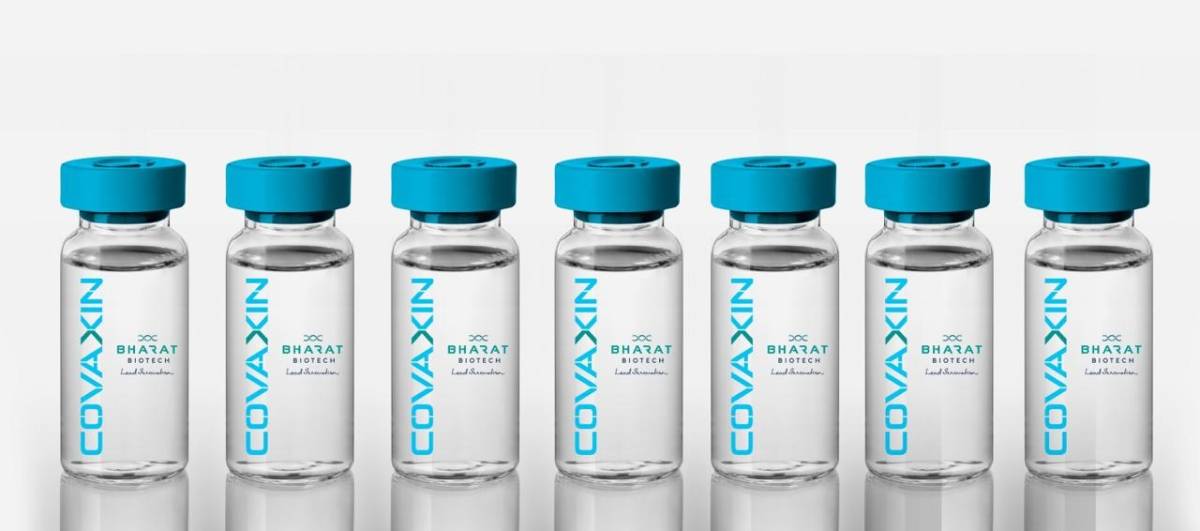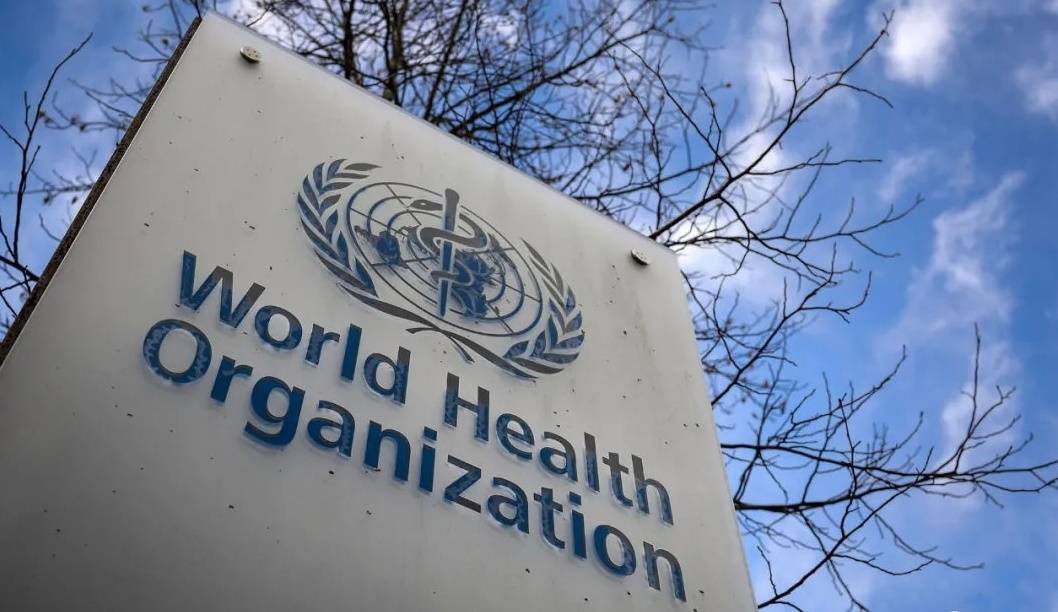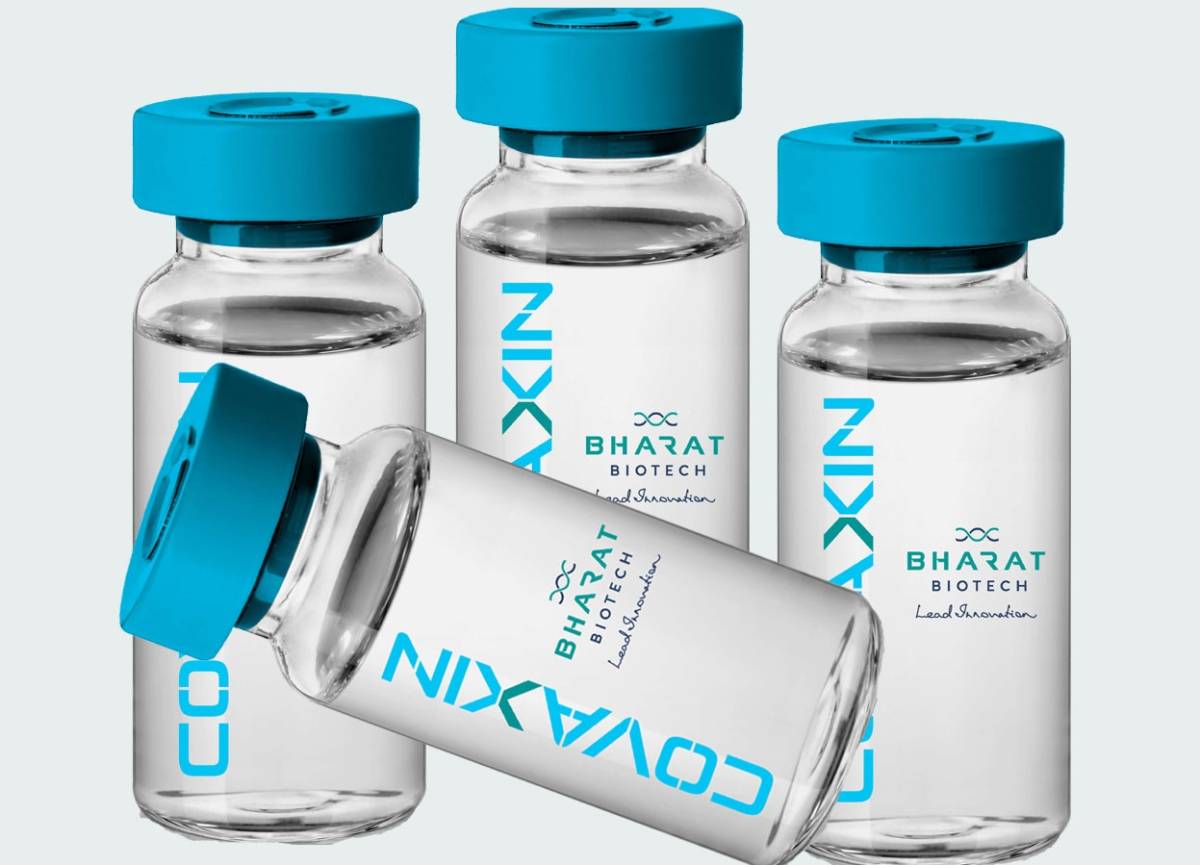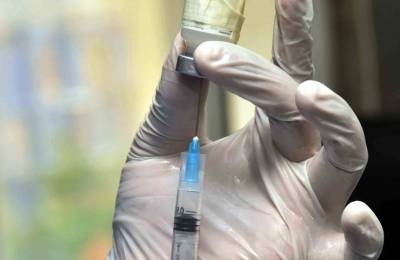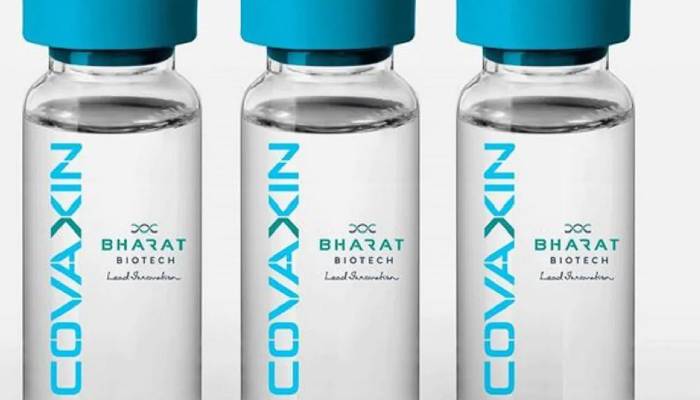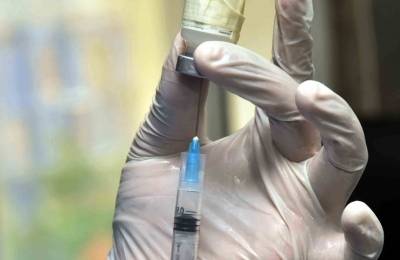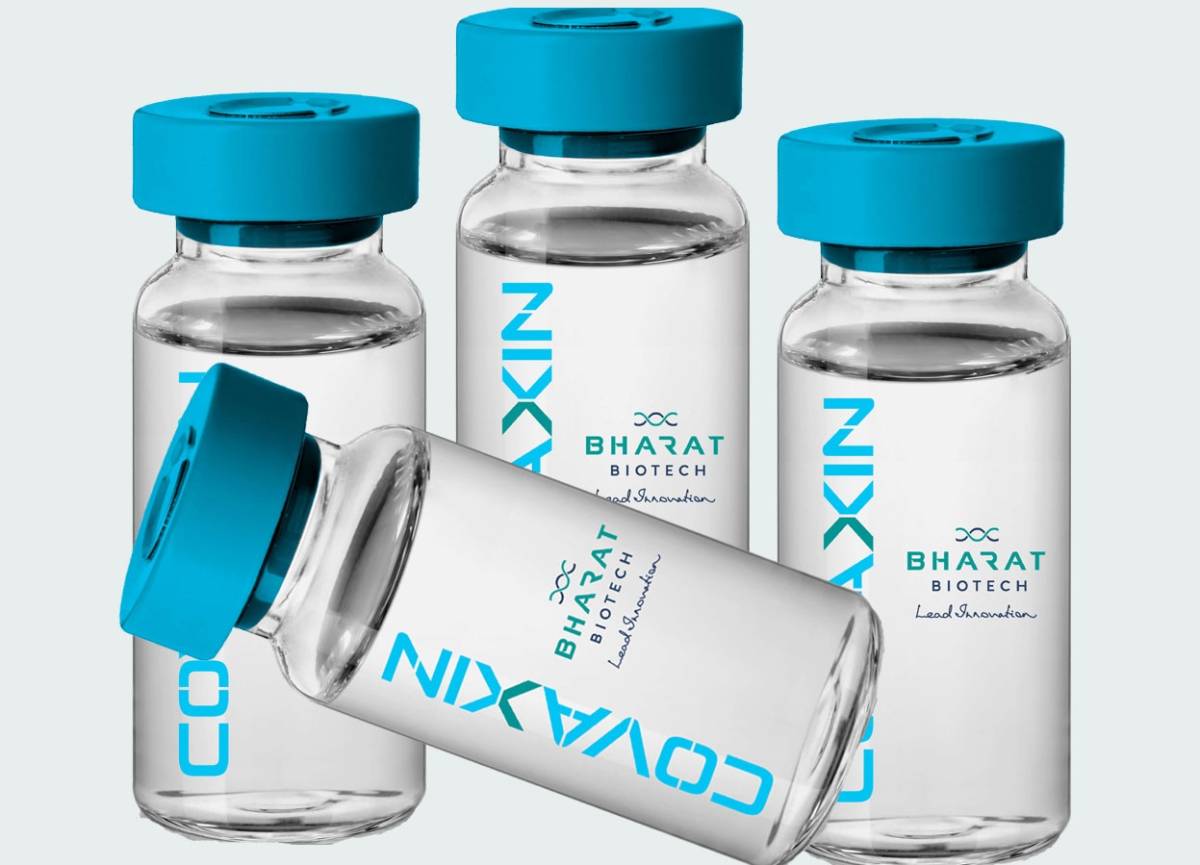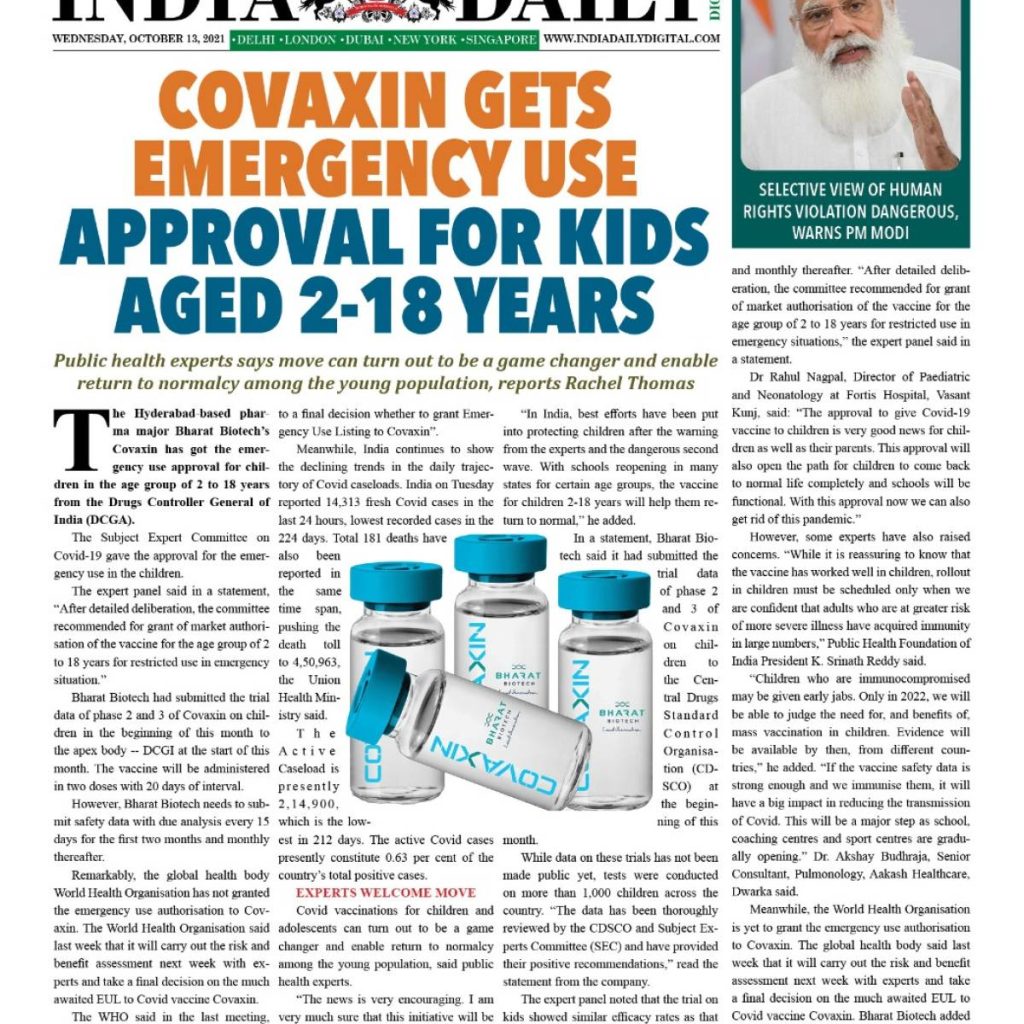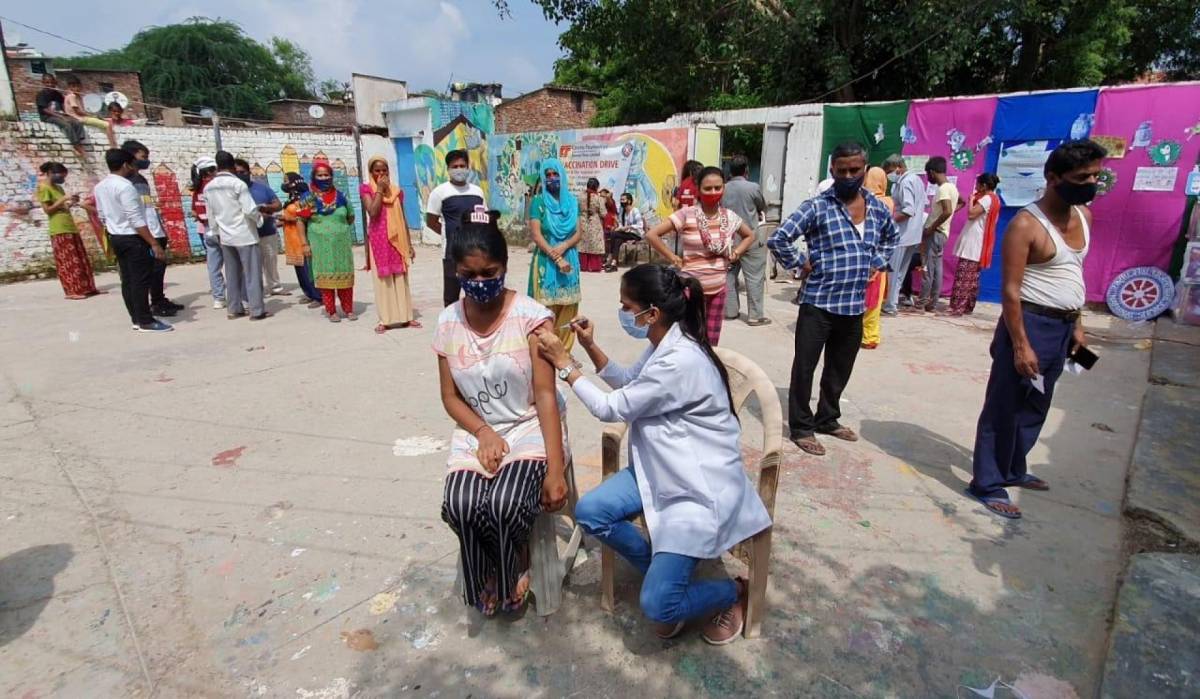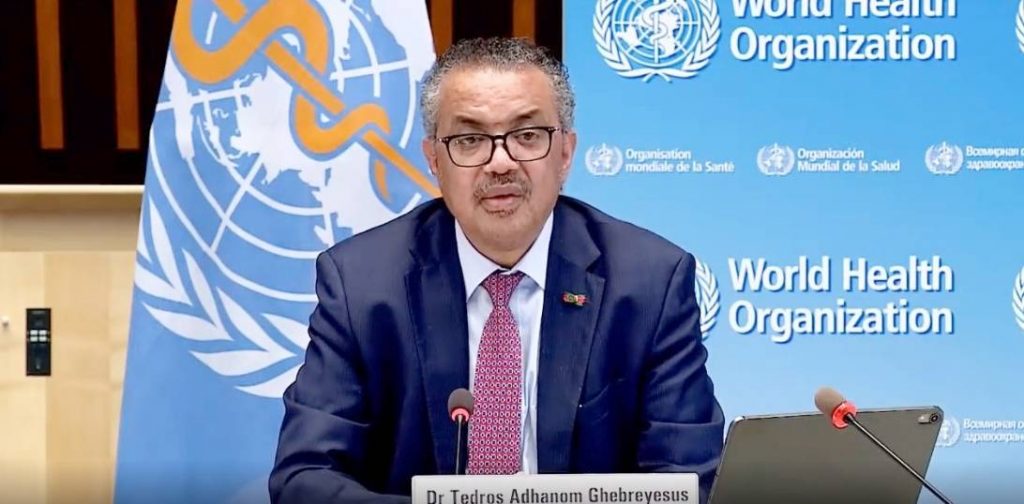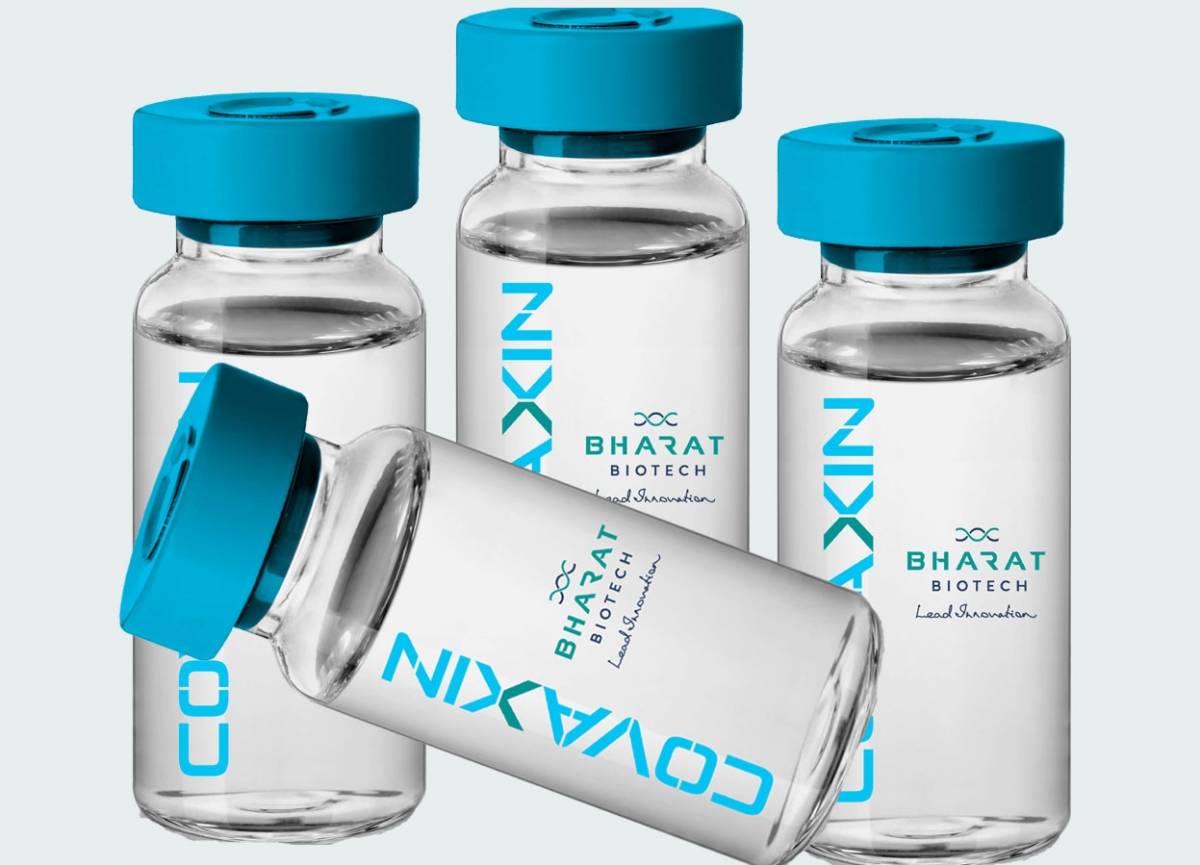Of eight WHO-approved vaccines against Covid-19 in emergency use listing, two vaccines — Covaxin and Covishield — are from India….reports Asian Lite News
As of now as many as 110 countries have recognized India’s Covid vaccines — Covishield and Covaxin — and have agreed to mutual recognition of Covid-19 vaccination certificates with India, said official sources in the Union Health Ministry.
A source with the Ministry said that at present, 110 countries have agreed to mutual recognition of vaccination certificates and those who recognise Indian vaccination certificates of travellers fully vaccinated with Covishield or World Health Organisation(WHO)-approved Covid vaccines.
As per the new travel guidelines issued by the Union Health Ministry, if a fully vaccinated traveller is coming from a country with which India has reciprocal arrangements for mutual acceptance of WHO-approved Covid-19 vaccines, they will be allowed to leave the airport and must self-monitor their health for 14 days’ post arrival.
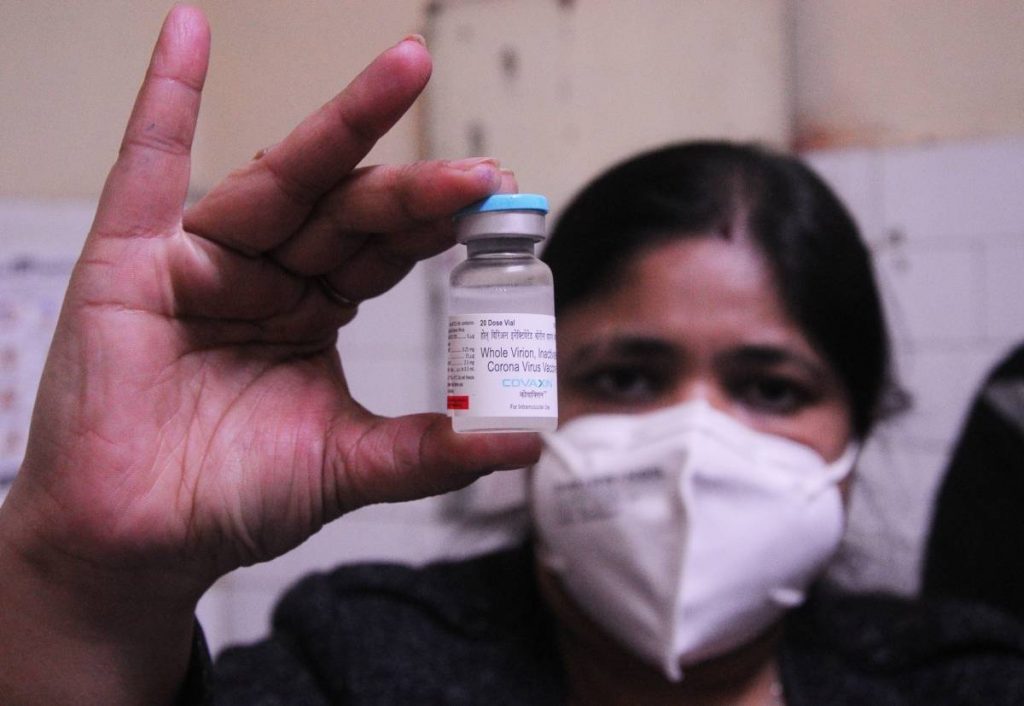
If partially or not vaccinated travellers visit India, they will have to submit their sample for post-arrival Covid-19 test at the point of arrival after which they will be allowed to leave the airport. They will have to be undergo home quarantine for seven days and undertake re-test on the eighth day of arrival in India and if found negative, further self-monitor their health for next seven days.
“Travellers arriving from countries excluding those at risk, will be allowed to leave the airport and must self-monitor their health for 14 days’ post arrival. This is applicable to travellers from all countries, including with which reciprocal arrangements for mutual acceptance of WHO-approved Covid-19 vaccines also exist,” said the new international arrival guidelines.
Of eight WHO-approved vaccines against Covid-19 in emergency use listing, two vaccines — Covaxin and Covishield — are from India.
‘Developing Covaxin was a challenge’
Bharat Biotech Director, V. Krishna Mohan, has said developing the Covaxin in “just 10 months” was an enormous challenge.
Addressing a session on Thursday at the Bengaluru Tech Summit-2021, he said there were no vaccines when the Covid-19 hit India, and the world.
“This was a daunting challenge for the pharma sector and the prospective vaccine makers. We were given just 10 months to develop a vaccine to fight the infection but we could succeed in developing Covaxin swiftly at a level within these few months,” he said.
The Central government took the right steps at that juncture, the Bharat Biotech Director added.
“There were no such past precedents and it seems impossible to make a vaccine in such a short span of time,” he said.
The company chalked out a plan to make and develop the vaccine in India, he added.
V. Krishna Mohan further said it is difficult to quantify the hard work that went into the making of the vaccine, adding the company did not compromise on the quality or efficacy of the vaccine at any point of time.
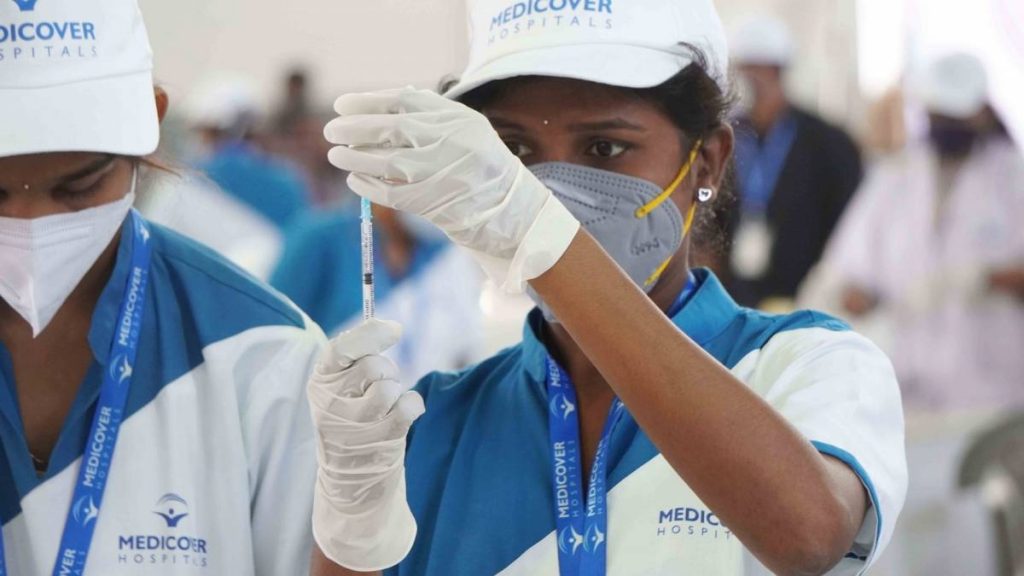
He said Bharat Biotech was successful in releasing Covaxin in a record time and helped to save lives of crores of fellow Indians.
The Indian Council of Medical Research has positively changed its style of functioning in the last decade, he added.
Participating in the session, Deepak Sapra, CEO, API & Services, Dr Reddy’s Laboratories, said: “Covid has taught us tough lessons. With the help of our Russian partner we could develop ‘Sputnik V’ vaccines which not only helped India but also other developed countries. However, in respect of vaccine development it is a long way to go for India and Indian pharma companies.”
Divya Bizwan, Senior Vice-President of Aurobindo Pharma, said there was no dearth of talent in India.
“But, there is hardly any recognition for talent in pharma companies. It is necessary for vaccine makers to recognize this need and be more encouraging to the pool of talent that Indian pharma sector has.”
Atin Tomar, CEO of Yapan Bio, also participated in the session.

